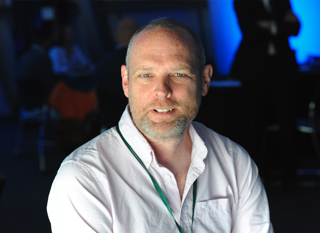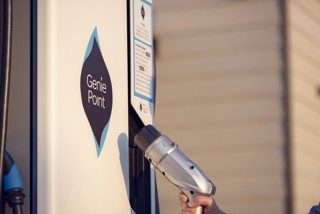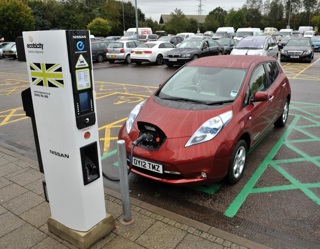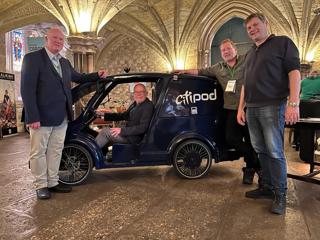Innovate UK has awarded £335,000 to Bonnet, EDF, DG Cities and Devon County Council to help improve the charging of electric vehicles (EVs) in rural locations.
With backing from the Government, the Rural Electric Mobility Enabler (REME) project – a group of private and public organisations – has embarked on an eight-month project to provide solutions to improve public charging provision in rural regions.
The partners are using technology, data and grid expertise to understand the challenges of access to EV chargers and the associated energy supply from the grid, which will be caused by increased EV usage.
The project focuses on Devon, using the council’s data to understand seasonal flows of people to the area and how this will impact future public charging demand.
DG Cities and EDF use field dynamic code mapping and data from the National Grid to work out where in regional areas it would be necessary - but difficult - to implement public EV charge points.
Bonnet, an EV charging platform, is using its consumer-facing app to offer drivers access to private charge points in rural areas, when demand is high.
It creates financial opportunities for domestic charge point owners and increases the volume of reliable options for EV owners – all shown through the Bonnet app, which also handles payments, says Innovate UK.
Patrick Reich, co-founder of Bonnet, explained: “Electric charging provision is lacking in rural regions across the country, and we’re honoured to be collaborating with these partners to find solutions to these issues.
“Our payment and charge point information app can provide access to private charge points for public use across the UK and we already have thousands of public charge points on board. Innovative solutions need to be developed to combat drivers’ EV charging anxiety, especially in tourist hotspot regions across the country.
“This exciting project will be a step towards future proofing the electrification of the UK’s roads and we hope to encourage further change.”
Following the trial period (ending March 2022), the partners hope to propose the new business model to other rural councils in the UK.























Login to comment
Comments
No comments have been made yet.